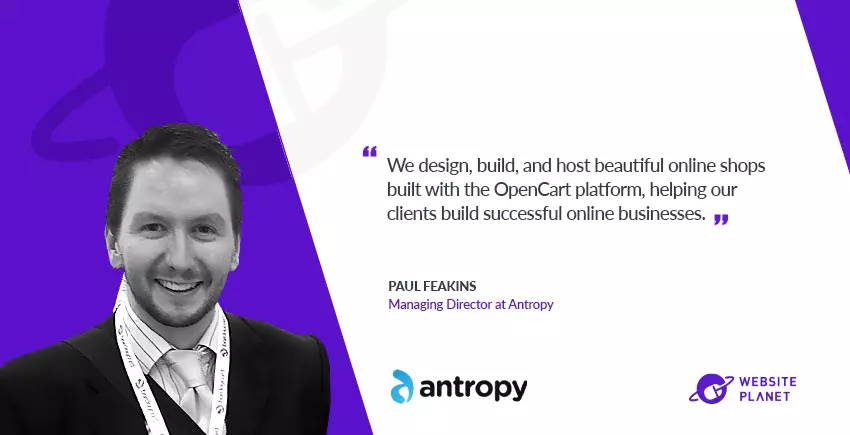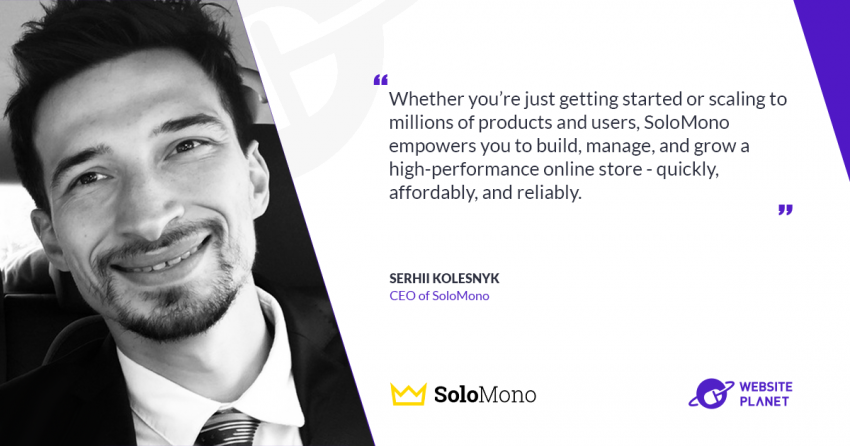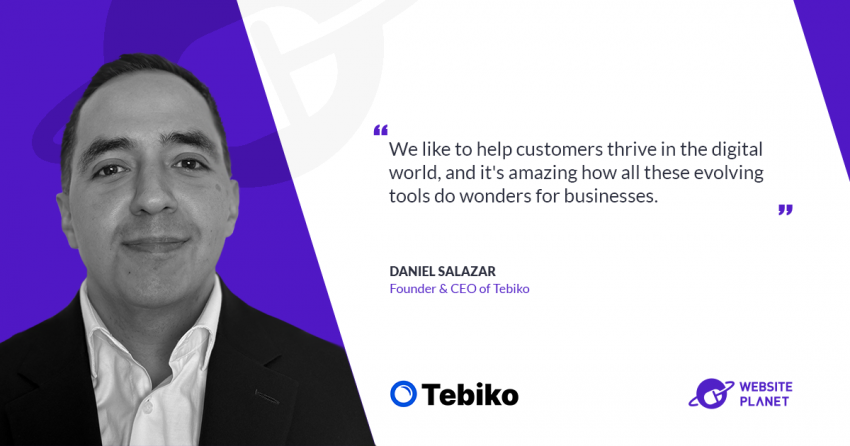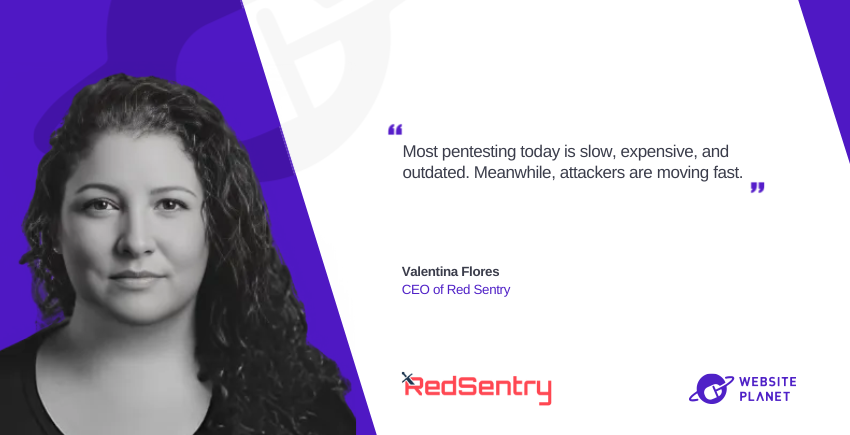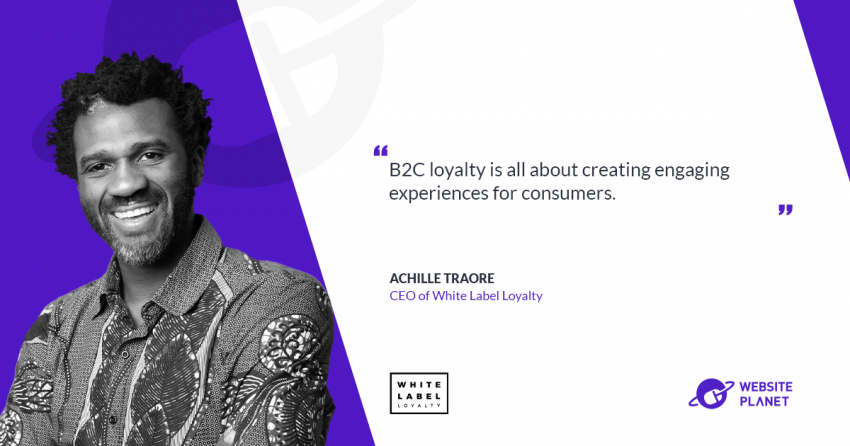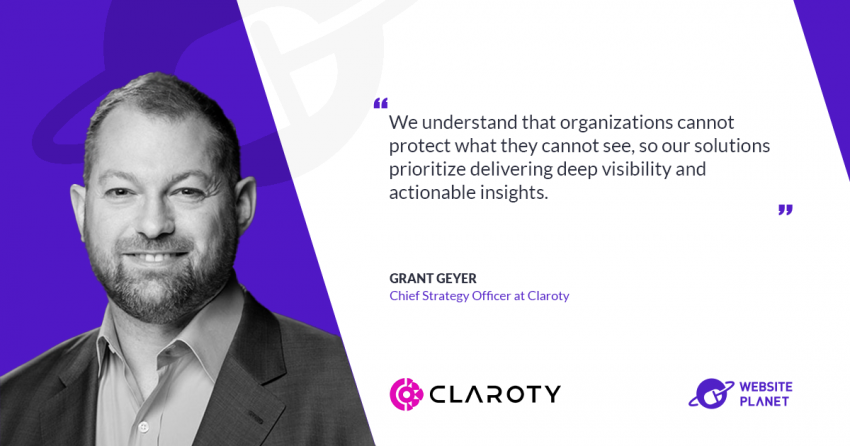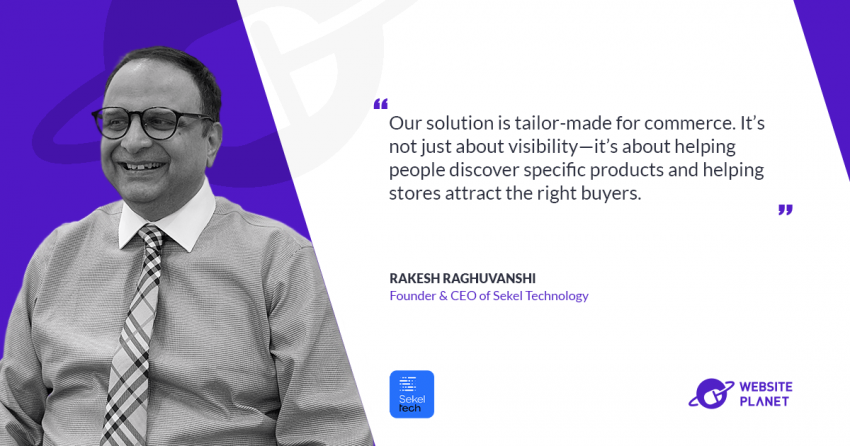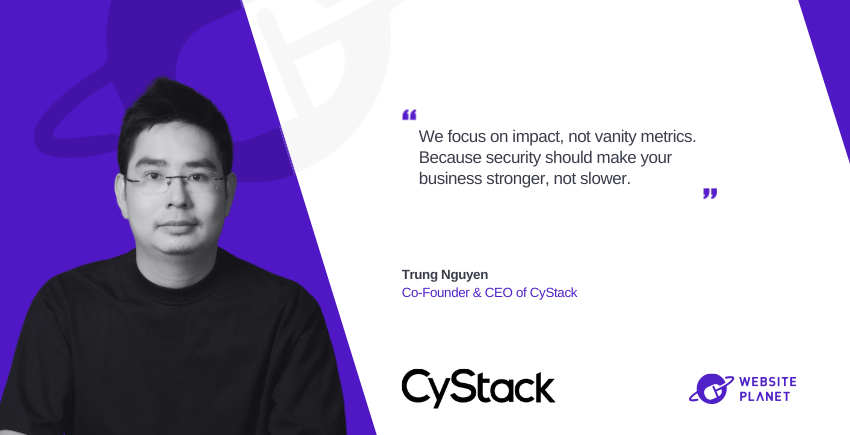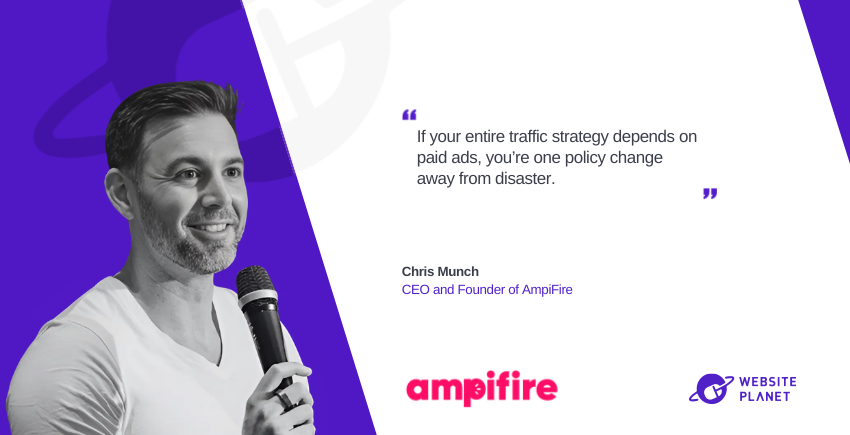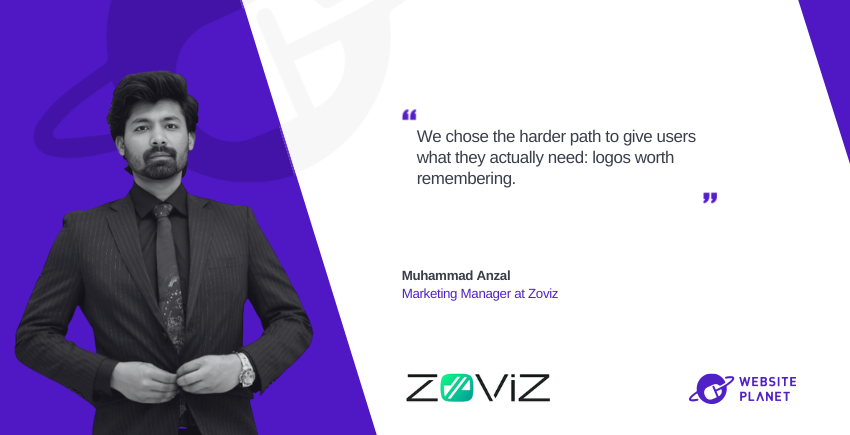Website Planet had the opportunity to speak with Paul Feakins, Managing Director at Antropy, a small team of designers and developers that have built incredible ecommerce websites.
A must read for anyone looking to learn how a successful Antropy solves the common pain points faced by their clients, what skills and tools are essential to their success, and how they plan to make their growth sustainable.
Let’s introduce Antropy to our audience. What services do you offer?
We design, build, and host beautiful online shops built with the OpenCart platform, helping our clients build successful online businesses.
How does your mission differ from other companies in your niche?
Many companies produce bloated software and websites, full of animations and complex features. Our philosophy has always been to make the simplest and most user friendly websites possible that are beautiful to look at, very easy to use, and super-fast to load.
What inspired you to start Antropy, and how did you overcome the challenges you faced in the early days?
I started Antropy back in 2010 because with my background as a web developer and tech investor, I knew that I had a unique perspective to bring to the online shop creation process. I knew that by building the most simple and minimalist websites possible I could keep costs low for clients while delivering incredibly usable online shops that kept conversion rates high.
Of course, the first challenge for the business was getting clients – I left a highly paid IT contract role and hoped clients would be queueing up, but of course they weren’t! So step one was to teach myself as much as I could about sales and marketing.
I bought a book called “Get Clients Now” and luckily it helped me get clients then! Once a few clients were on board, things started to get busier and I started to employ some freelancers to help as until that point I was doing the sales, marketing, design, build, hosting, accounting and more all by myself – just like a real one man band!
What industries do you typically work with, and what are the common pain points your clients have when they come to you?
We work across a very wide range of industries from small family-run businesses that sell model trains to vape shops, to companies that manufacture custom equipment, to companies as large as Pizza Express, UCL, and the Mirror Group.
The most common pain point we solve is that these companies are running open source software often on cheap hosting and without any support they can call on. We’re right there to provide better quality, faster hosting, as well as on-hand support – building new features and fixing issues for them very quickly to support their growing businesses.
And what makes them eventually choose you over your competitors?
Well they don’t always choose us of course, but a good proportion do, and I think that’s because we have an exceptional team of talented developers who really know their stuff and can solve very complex technical problems very quickly.
We’re also very good at communicating, replying (almost immediately usually) and giving updates. Many web companies leave their clients in the dark and take an age to respond whereas we pride ourselves on getting things done quickly and not over-booking ourselves which would cause huge delays.
What tools are most helpful in managing your business, and how do you benefit from them?
As a developer myself I’ve collected and joined several different open source platforms to manage our business information including; accounting, project management, sales data and so on. All of these platforms being open source means we can adapt them to our very specific business processes and get everything as automated as possible which is key to creating a business that scales. For example, our various systems automate things such as chasing invoices, showing our current revenue and profit (to the penny every minute), producing regular developer productivity reports, and many other important business processes. We can see everything from the central dashboard we created and that allows us to make intelligent decisions about what to work on and what to do next.
Where do you go to hire new people, and what are the most important skills you look for?
We post jobs on our website and indeed.co.uk actually picks them up and lists them automatically.
It’s always difficult to hire good people but it really is one of the most important things in business so it’s very important to write a job spec that’s an accurate description of the role, with a clear but realistic list of the things you’re looking for in the ideal candidate.
It’s also very important to write the job spec in a way that appeals to the type of candidate you’re after – if you’re hiring for developers, make it a bit geeky, if you’re hiring for sales people make it a bit salesy etc. Many of our talented staff say they applied because they liked the tone the job ad was written in – it wasn’t soulless and corporate like all the others and gave a taste of our start-up-like and friendly culture.
What challenges and opportunities do you see in the future of your industry, and how do you plan to cope?
The bespoke ecommerce web agencies like ourselves and our competition have always considered the online shop builders like Shopify, Wix, and Squarespace to be a bit of a threat, but luckily for us, as soon as any serious customisation is required those platforms always disappoint. I think it’s unlikely that will change, but a real threat I think is the sudden emergence at the start of 2023 of advanced AI systems like ChatGPT and other Large Language Models (LLMs).
These systems can already respond to complex requirements written in natural language and write usable code, which is currently our job. They don’t currently produce high enough quality output to be used without a developer and they can only produce small snippets, but it does seem like only a matter of time before they will be able to build whole extensions, platforms, and systems on their own with very little guidance.
At a high level, our role has always been to use our knowledge and experience of computers to understand our clients’ requirements and automate various aspects of their businesses by writing code and implementing systems. It’s likely that in the near future we’ll be able to benefit from more and more advanced AI-powered tools to do our jobs more and more effectively – we’re already using the ChatGPT API to re-write various aspects of our websites both in terms of code and visible content such as SEO and product descriptions, and I’ve made it a top priority to embrace and use AI as much as possible wherever we can so that we can stay at the top of our game in an extremely competitive and fast moving business environment!
